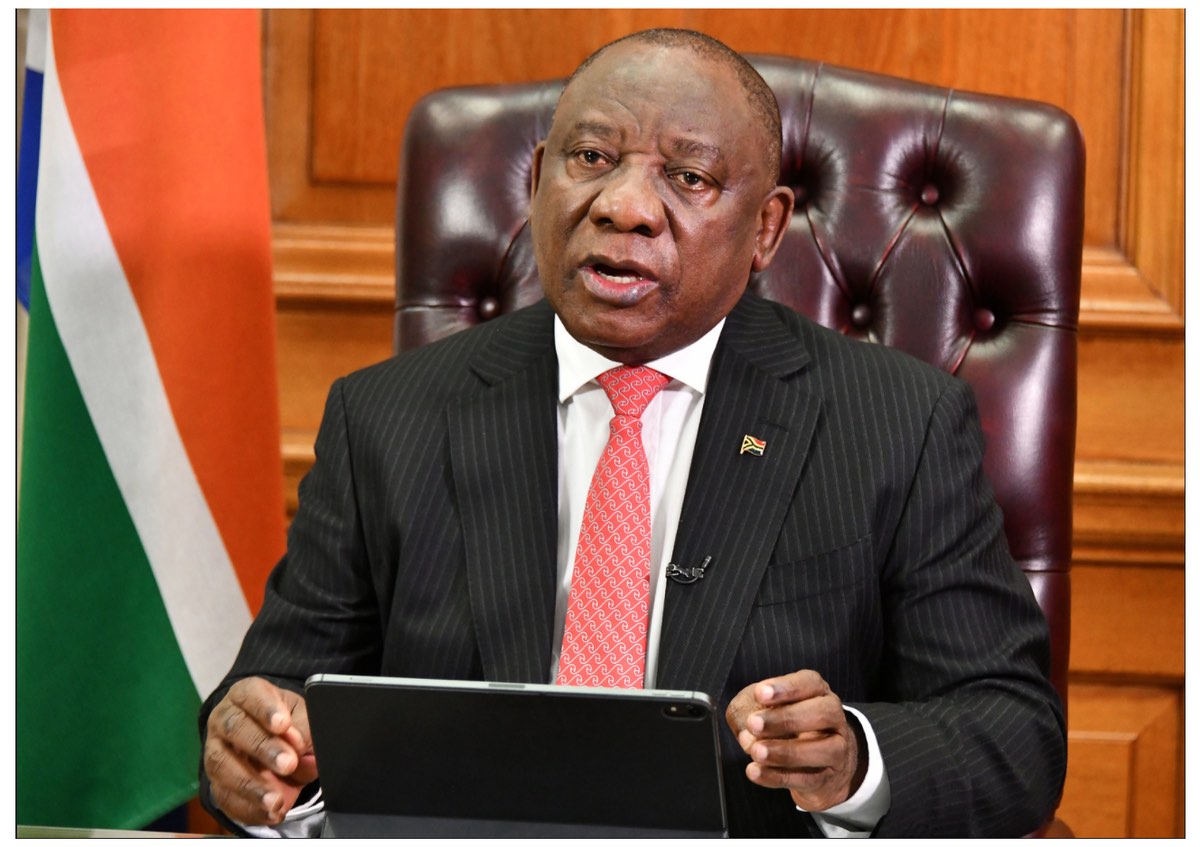On February 9, 2023, many South Africans found themselves gathered around their television screens awaiting the much-anticipated State of the Nation Address (SONA), while others were gathering firewood in hopes to make a warm meal and beverage before heading to bed. Never disappointing- ministers, esteemed guests and members of parliament arrived in their stretched limos, wearing their best smiles and outfits that would set back the best of South Africans. While the parliamentarians were repeating their “points of order”, ordinary citizens were observing the waste of taxpayer money and taking to the streets of twitter in absolute disbelief. When tensions finally settled, President Ramaphosa sought to strike a balancing act in addressing four key issues plaguing the nation. His 21-page address focused on load shedding, unemployment, poverty, and the increased cost of living.
During his speech, the President acknowledged the toll that frequent and extensive power outages took on the lives of ordinary citizens and the private sector. His solution- the implementation of an immediate National State of Disaster, gazetted by the Minister of Cooperative Governance and Traditional Affairs, despite a nationwide outcry against the idea. Ramaphosa assured the Republic that this State of Disaster would be different from the last as the Auditor General would be brought in to monitor and guard against any financial abuses. He further stressed that the State of Disaster would allow for the exclusion of load shedding for critical infrastructure such as hospitals and water treatment plants.
He then announced the future appointment of a Minister of Electricity who would be tasked with overseeing all aspects of the electricity crises. This individual should, however, not be confused with the Minister of Public Enterprise who would remain Eskom’s shareholder representative and steer the utility. Thus, raising questions on the relevance of such a portfolio. What is next Mr President, a minister of potholes?
We digress. President Ramaphosa further promised that an Electricity Amendment Bill would be passed. It would be aimed at creating a more competitive energy sector. A welcomed transformation some might say.
President Ramaphosa spoke extensively on the country’s unemployment crisis and the role the global pandemic played in exacerbating this crisis. He mentioned several programmes aimed at mitigating this issue. One key example was the introduction of the Employment Tax Incentive (ETI) aimed at encouraging businesses to employ more young people. This was excellent, given the projected youth unemployment rate of 68 percent for 2023. He further mentioned that the Social Unemployment Fund would be recruiting 50,000 participants as part of their next phase of undertaking work for common good. Moreover, the National Youth Service would assist in creating an additional 36,000 opportunities in non-profit and community-based organizations.
The President further reiterated that social grants would be used to assist struggling citizens with the increased cost of living and that National Treasury was looking at ways to alleviate the impact of load shedding on the increased food prices. It is worth noting that the October 2022 mid-term budget indicated that social grants would cost the country R250 billion for the 2022/23 financial year. This is significant if one considers that approximately 61% of South Africans were dependent on social grants in 2020, while 1.6 million people paid taxes for the 2019/20 tax cycle. Discussions surrounding this issue often raise the idea of a universal basic income grant. It is suggested that such a grant would cost the country R374.8- billion over three years. There are contesting views on the introduction of this social support system that are worth investigating.
Moreover, the President reintroduced the much-discussed state bank. He announced that the Postbank would continue reviewing its service offerings, while the National Assembly considers the Postbank Amendment Bill. This would allow the Postbank, which currently operates within the Post Office, to be ready once its banking license becomes available. It is believed that it would serve as a viable and affordable alternative to commercial banks and that it would allow the state to earn interest off customer deposits, while boosting the country’s budget. Also, allowing funding for other projects. More importantly, it would provide financial services to SMMEs, particularly youth- and female-owned businesses.
All the suggestions sound grand and would require extensive funding, particularly from the private sector. Mr President, what incentives is the country providing them? Like most of the President’s speeches, the 2023 SONA was critiqued for its lack of clarity, timeframes, and deliverable steps. Many suggest that a clear plan of action be outlined to address the energy crisis, as the introduction of another ministerial position may not yield results. South African small towns and townships need to be capacitated so that they can become self-reliant and sustainable. Citizens need clean drinking water, access to health care, and quality education. Policing should be a priority. Crime, unemployment, and poverty should be addressed. The collapse of infrastructure, particularly water and sewerage systems, should be prioritized. Administrative functions of the state should not be politicized or occupied by incapable candidates. Citizens’ trust in government should be rebuilt by rooting out corruption and rendering much required public services. After six SONAs, the people of South Africa need you to act decisively, Mr President. Serve the Republic, Sir!

